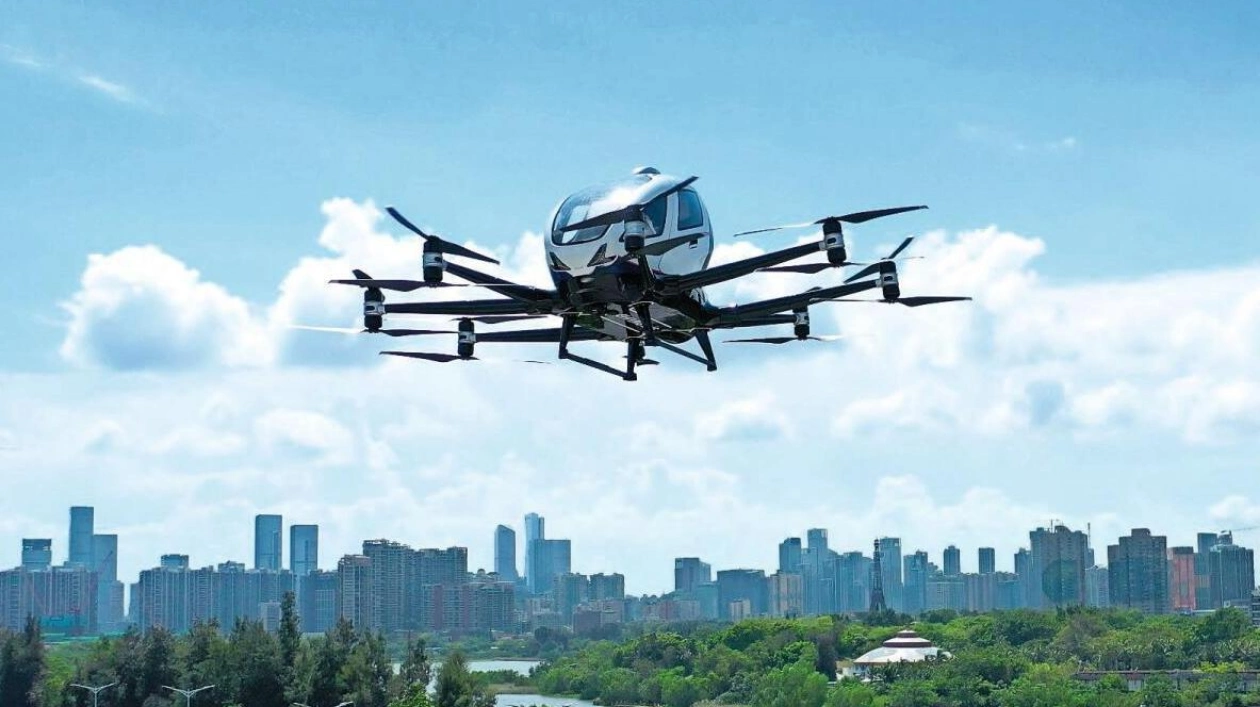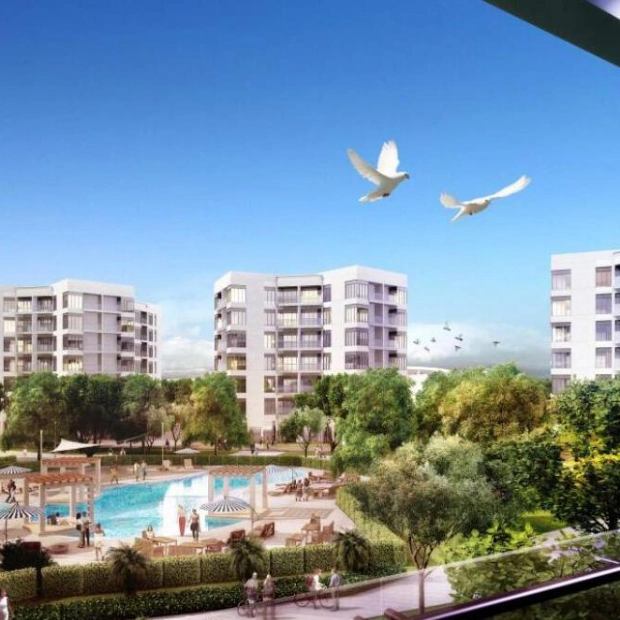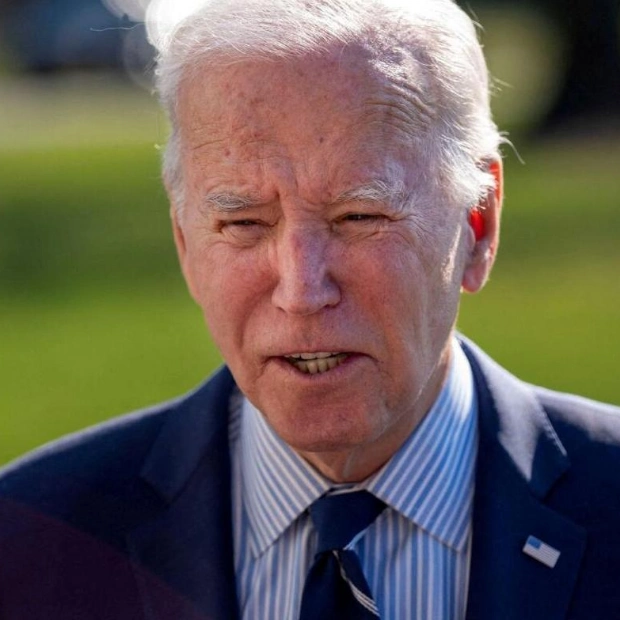We’ve all experienced it: stuck in traffic, constantly checking the time, wondering if we’ll ever arrive on schedule. Imagine stepping into a sleek, futuristic pod and being whisked above the city in minutes, bypassing the congestion below. Dubai, known for its futuristic innovations, is set to take another leap forward with the launch of air taxi services by 2026. Positioned as a global leader in urban air mobility (UAM), Dubai’s journey towards commercial electric vertical take-off and landing (eVTOL) services has gained significant momentum.
Dubai’s advancements in the eVTOL sector have been substantial, laying the groundwork for the official launch of air taxi services. Leading Original Equipment Manufacturers (OEMs) have targeted 2026 for the commencement of commercial flights, with many companies collaborating closely with the UAE to develop necessary infrastructure and secure regulatory approvals. VPorts, a key player in the advanced air mobility ecosystem, has ambitious plans to build and operate a network of 1,500 vertiports globally by 2045, with Dubai playing a central role.
Dubai’s forward-thinking approach to transport innovation is evident. The city’s commitment to building infrastructure and attracting global partnerships ensures that the UAE remains a pioneer in the eVTOL sector, according to Mike Howarth, President of the AIRTAXI World Congress. The upcoming air taxi services have the potential to redefine urban mobility, with early services likely focusing on tourism flights. Vertiports are planned at key locations such as the Falcon Heliport at Atlantis, the Palm in Dubai, and the Marina Mall heliport in Abu Dhabi, enabling seamless travel between major destinations and significantly reducing commute times across the UAE.
The first generation of eVTOLs will have a range of approximately 100 miles (161km), making journeys like Abu Dhabi to Dubai, normally a two-hour drive, possible in around 30 minutes by air taxi. Safety is a priority, with significant efforts underway to establish the regulatory framework for air taxis, which will be discussed at the upcoming AIRTAXI World Congress.
As hybrid-electric or all-electric vehicles, eVTOLs will play a crucial role in reducing carbon emissions and contributing to Dubai’s clean energy goals. Air taxis will be quieter and more eco-friendly compared to traditional helicopters, aligning with Dubai’s vision for a greener future. Key players like magniX are already making strides in developing batteries with impressive efficiency, further enhancing the performance and sustainability of air taxis.
Air taxis are designed with passenger comfort in mind, offering fast, efficient, and luxurious urban travel. Early models will accommodate four passengers, each with one carry-on bag. While the fare structure is yet to be officially released, estimates suggest a one-way ticket for a 30-mile journey could range from $50 to $150, making it an affordable option for both tourists and business travelers. As the technology matures and demand increases, costs are expected to become more competitive.
The integration of air taxis into Dubai’s transport network marks a new chapter in urban mobility, where innovation and sustainability go hand in hand. With the official launch expected in 2026, residents and visitors can look forward to a future where air taxis redefine the way they move through Dubai’s urban landscape.






